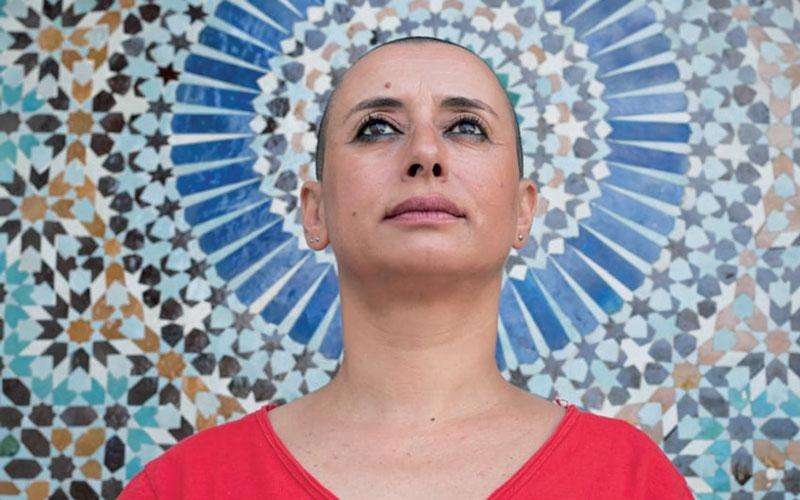The NHS has launched a dedicated clinic to help teenagers quit vaping in response to the growing use of e-cigarettes among young people.
Alder Hey Children’s Hospital in Liverpool began treating its first patients at the new vaping cessation service in January.
Believed to be the first NHS clinic of its kind in England, the locally commissioned service is designed to support 11- to 15-year-olds struggling with nicotine dependence.
While youth vaping has surged in recent years, recent data suggests the trend may be stabilizing. Figures from last year show that 18% of 11- to 18-year-olds had vaped—down from 20% in 2023 but still higher than the 13% recorded in 2019. Additionally, 7.2% of children reported vaping regularly.
Alder Hey’s clinic is focusing on 11- to 15-year-olds, a demographic that vapes less than older teenagers but has seen rising numbers over the past year, according to a survey by Action on Smoking and Health (Ash).
Professor Rachel Isba, a consultant in paediatric public health medicine at Alder Hey, stated: “With the sharp rise in children and young people turning to vaping—and the significant uncertainty around its long-term effects—our clinic aims to provide vital support to help individuals become nicotine-free.”
The clinic, which does not expect immediate results, will also contribute to research on nicotine dependence in young people. Staff are working with schools to collect data on the number of nicotine-dependent children to shape the service’s approach.
Treatment plans will be tailored to each patient and may include nicotine substitution, therapy-based strategies to reduce vaping, and support addressing peer pressure and behavioral factors, according to Alder Hey NHS Trust.
Limited data on vaping’s impact on young people means treatments will vary, with some consultations exploring whether certain individuals are addicted to the habit of vaping rather than nicotine itself.
Illegal vapes pose an additional challenge. The trust presented evidence that one in six confiscated vapes in schools contained the synthetic cannabinoid spice, a highly addictive substance that could complicate treatment.
Despite efforts to curb teenage vaping, the NHS still endorses e-cigarettes as a tool to help adults quit smoking. A 2024 scientific review found that nicotine e-cigarettes were more effective in smoking cessation than traditional nicotine replacement therapies like patches or gum.
Hazel Cheeseman, chief executive of Ash, commented: “There is limited evidence on what works best to help people quit vaping, particularly young people. This innovative service will provide valuable insights.
“Many children who vape have a history of smoking and need protection from relapsing into cigarette use, alongside support to stop vaping. We look forward to seeing the impact of this programme.”








.svg)



